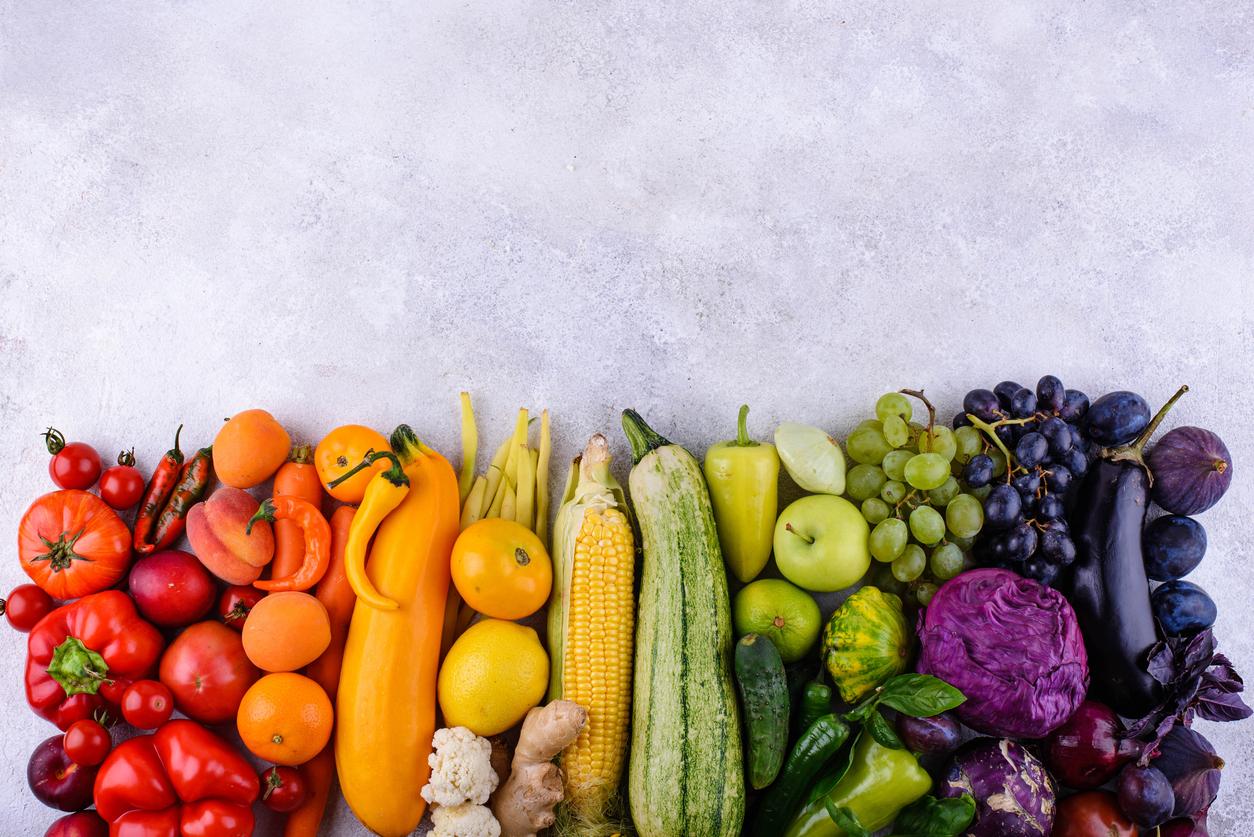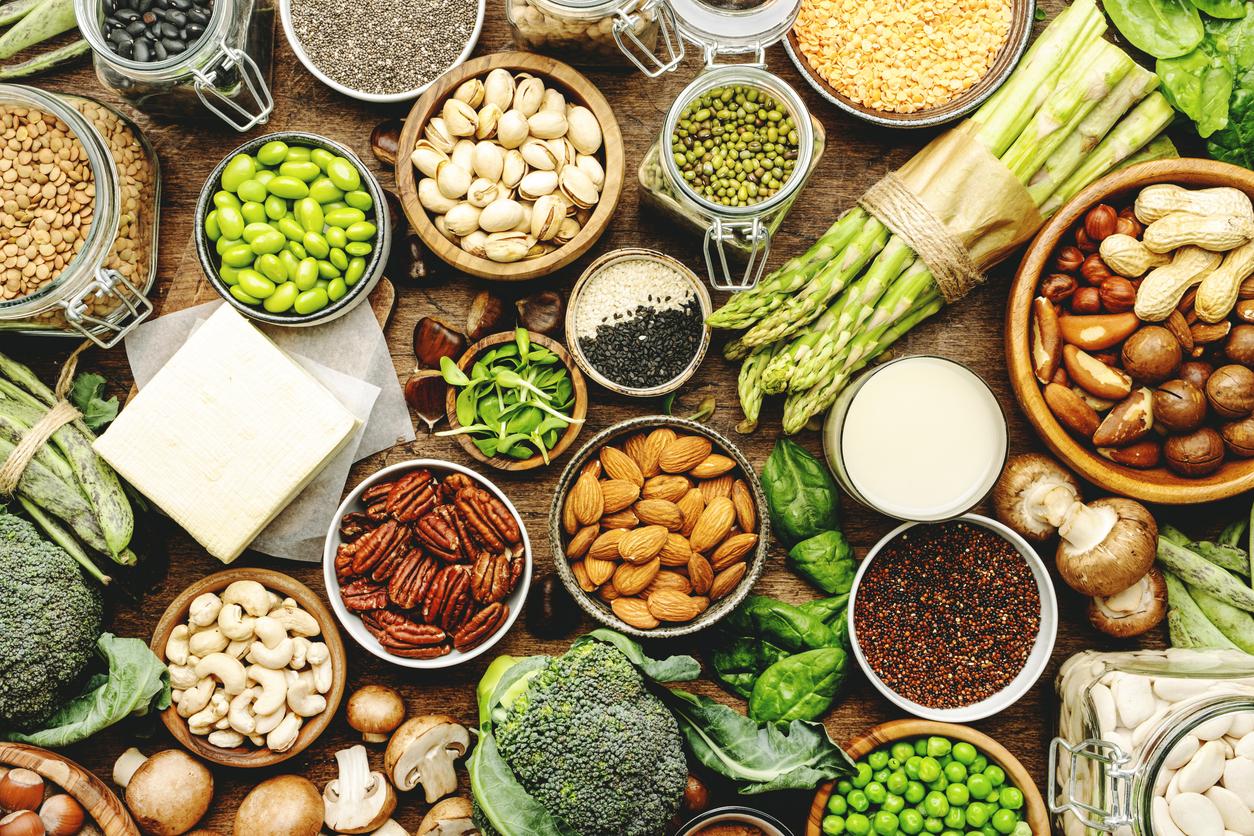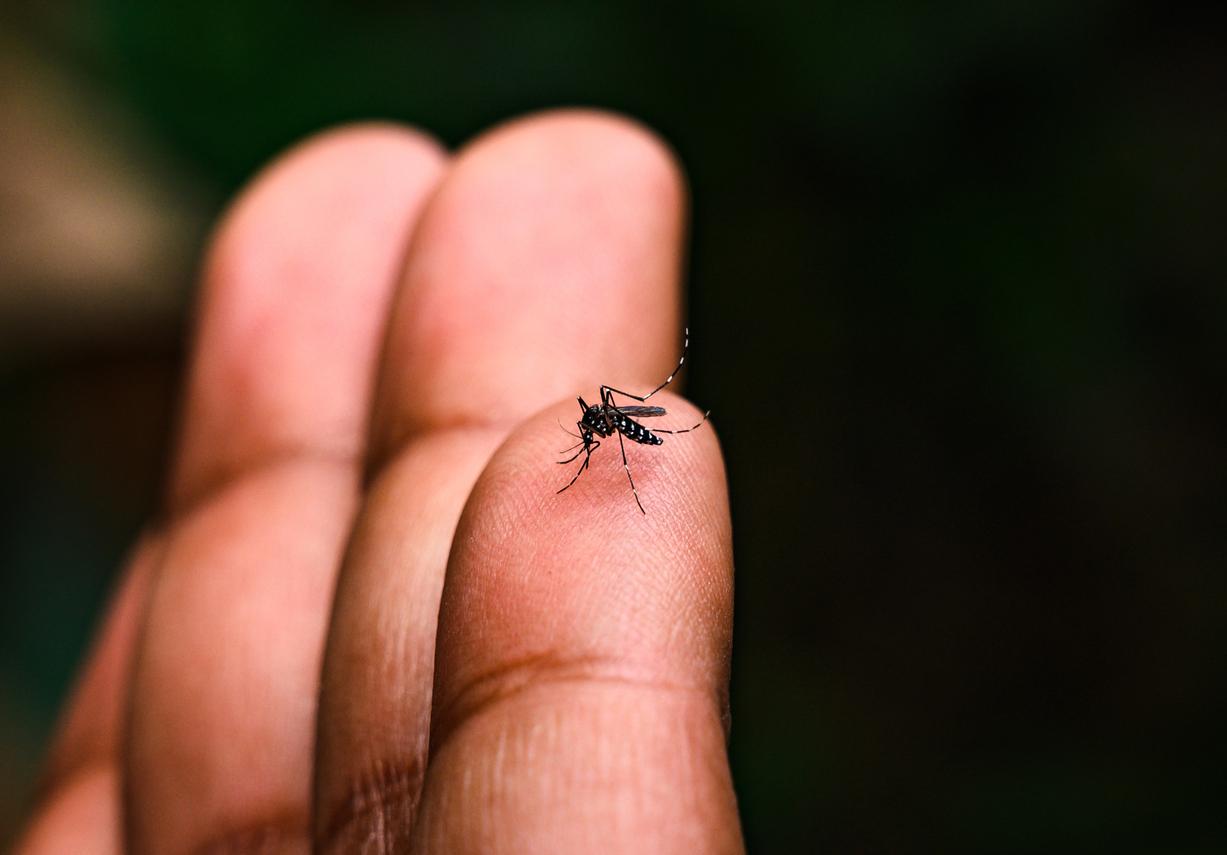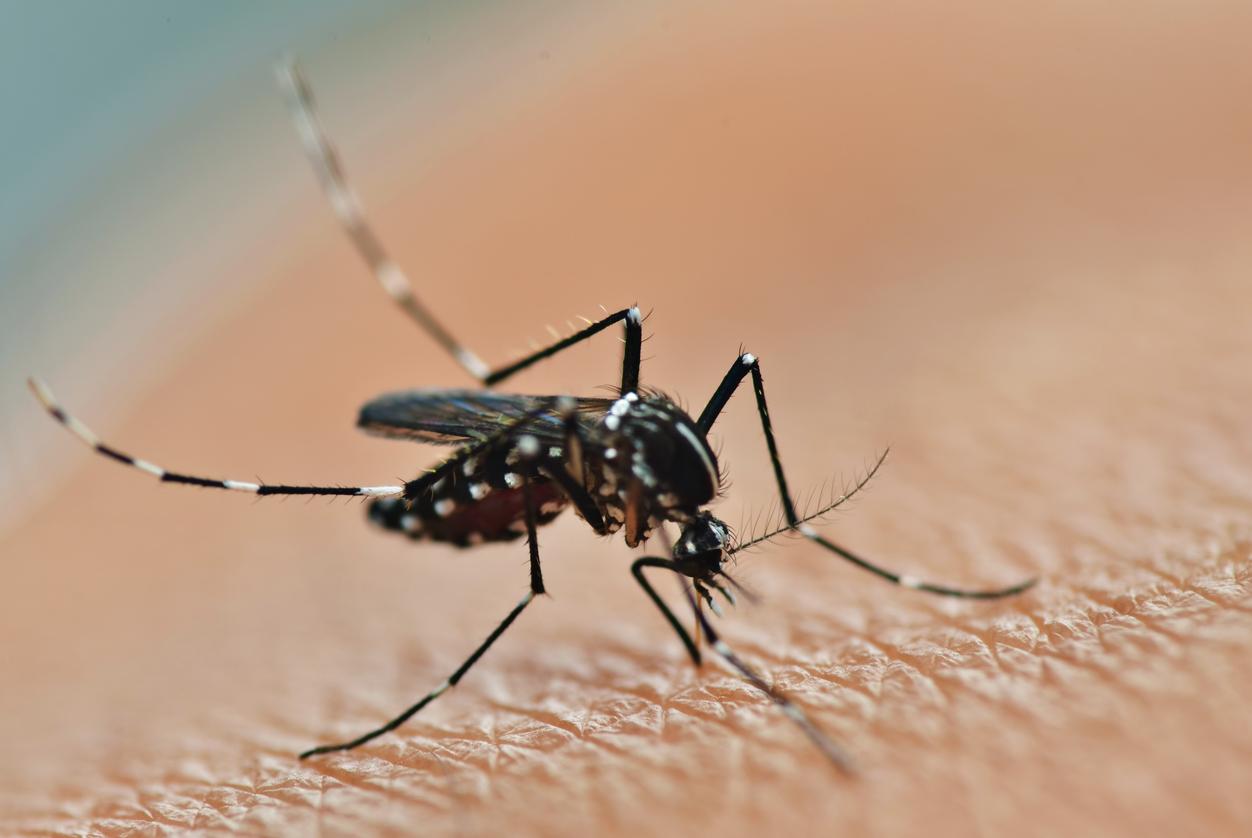According to a recent study, eating flexitarian would greatly reduce our impact on the environment. What is this diet? We tell you everything.

The content of our plate has consequences for the health of our planet. For several years, it has been recognized that certain agri-food productions have an impact on the environment. According to a report published in the journal Nature, to limit global warming, it is necessary to change the way we consume, in particular by reducing the share of meat in our diet.
In 2050, we will be around 10 billion human beings on earth, and this increase in population will be achieved without increasing our environmental resources. For scientists, it is essential to change the way we consume to limit our ecological impact. This new study, published on October 10, quantifies for the first time the efforts to be made.
90% less meat
According to researchers, it is necessary to adopt a flexitarian diet to limit global warming. This consists of drastically reducing the consumption of meat. This would make it possible to reduce greenhouse gas emissions from the agrifood industry by 56%. In developed countries, researchers recommend reducing meat consumption by 90%. Raising cattle produces greenhouse gases and consumes a lot of water: to produce 500 grams of beef, approximately 7,000 liters of water are needed. The consumption of eggs and milk must also be reduced, by 60% on average.
More soy and more grains
How can you get enough protein if you consume less animal products? Fill up on legumes. The study recommends increasing our consumption by 115%. This is not the only alternative, the researchers say that it would be necessary to consume 400% more soy.
Multiply the means of action
The authors of this publication insist on the need to diversify the means of action. For example, reducing food waste is also part of the necessary measures to limit global warming. Reforming the industry and improving education on these subjects are also important issues. If nothing is done by 2050, the consequences of our food on climate change could drop from 50 to 90%.
.














